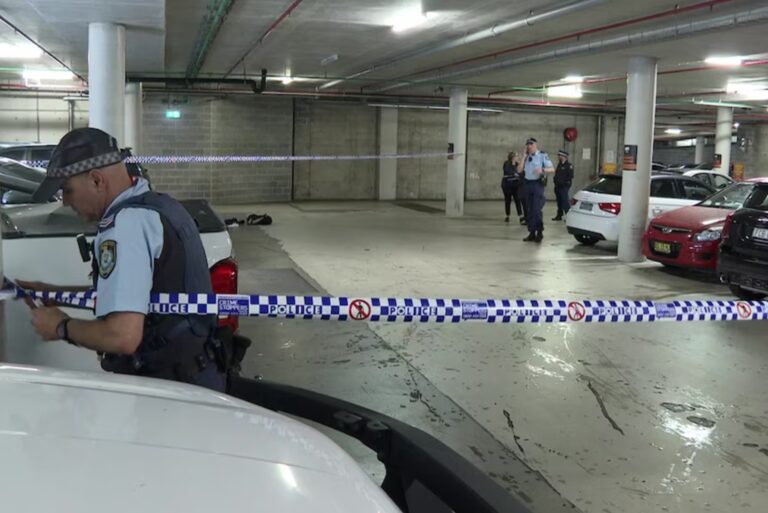
Problems continue to plague Rozelle Parklands: algae discovered ahead of Tuesday reopening
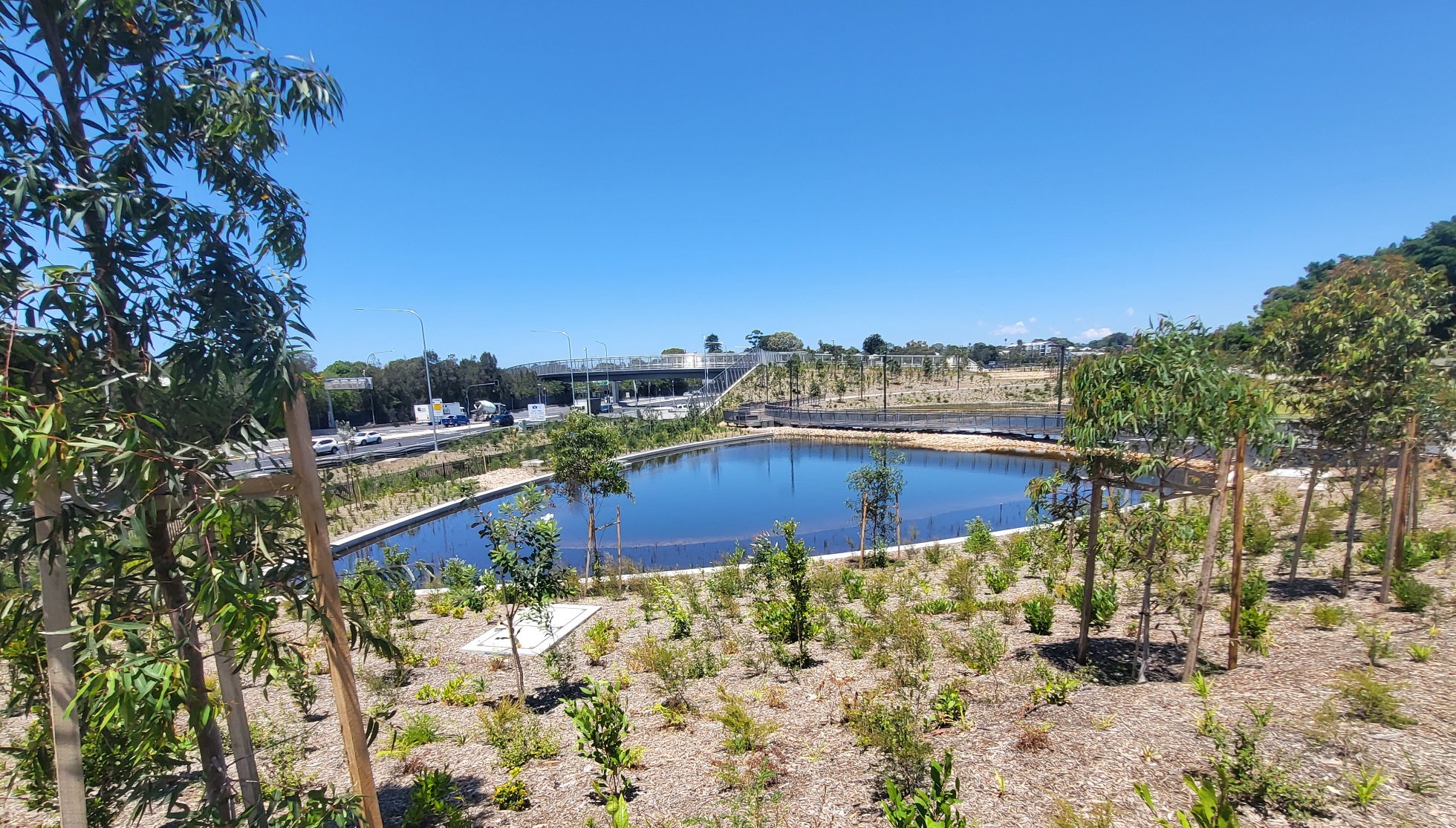
by GRACE JOHNSON
Nearly four months since Rozelle Parklands closed due to the discovery of asbestos, they are finally set to reopen on Tuesday. However, problems continue to plague the parklands.
On Friday, blue-green algae was discovered in the wetland pond water of the western end, which is the responsibility of Transurban.
Inner West Mayor Darcy Byrne has given Transurban until Monday to address the public safety issue before he said the council would take legal action.
The mayor said the community had had enough.
“We’ve had the kids exposed to asbestos, now the dogs and wildlife exposed to blue-green algae. What’s next? Do we have to test the soap dispensers in the toilets for nuclear waste?” Byrne said.
“The community of Rozelle has had enough … we were promised nirvana and all we’ve been left with is a tunnel to a traffic jam and a contaminated park that nobody can use.
“We are sick and tired of what should be a community asset being undermined through a failure of commercial entities to take responsibility for keeping the place safe.”
“This latest setback highlights a troubling pattern of neglect towards our community’s needs from Transurban,” said Ms Shetty.
“They promised this parkland to our community as part of the Rozelle Interchange project. It was meant to be delivered before the interchange opened. Not only was this deadline not met, but the parkland has since faced one issue after another since its delayed opening.
“The toll-road and the traffic jam it created came first, and the needs of our community have come last. We deserve a parkland that is fit for purpose and that we know will be safe to visit with our families. I will be following up with Transport for NSW to find out more about the latest issue, and to seek assurances that it won’t happen again.”
Humans who are exposed to high levels of blue-green algae and their toxins can experience diarrhea, nausea or vomiting; skin, eye or throat irritation; and allergic reactions or breathing difficulties
Pets can be poisoned from contact with blue-green algae, which could kill them. Animals should avoid swimming in or drinking from algae-affected areas.
Blue-green algal blooms can also affect fish populations and reduce water quality.


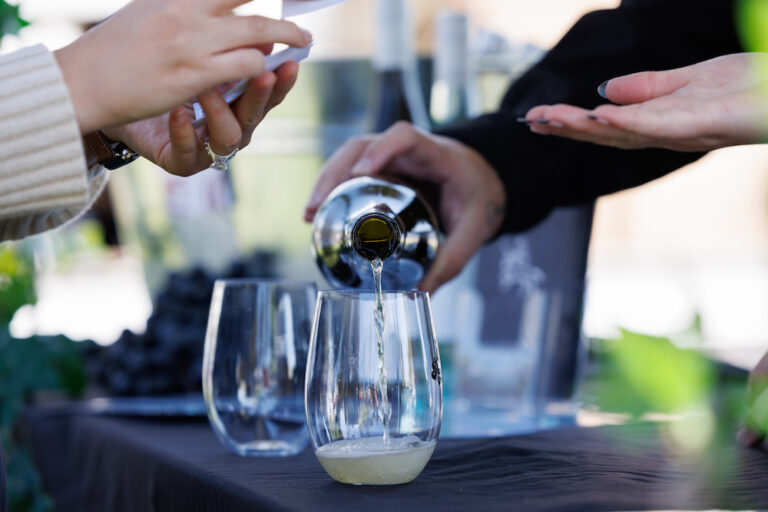



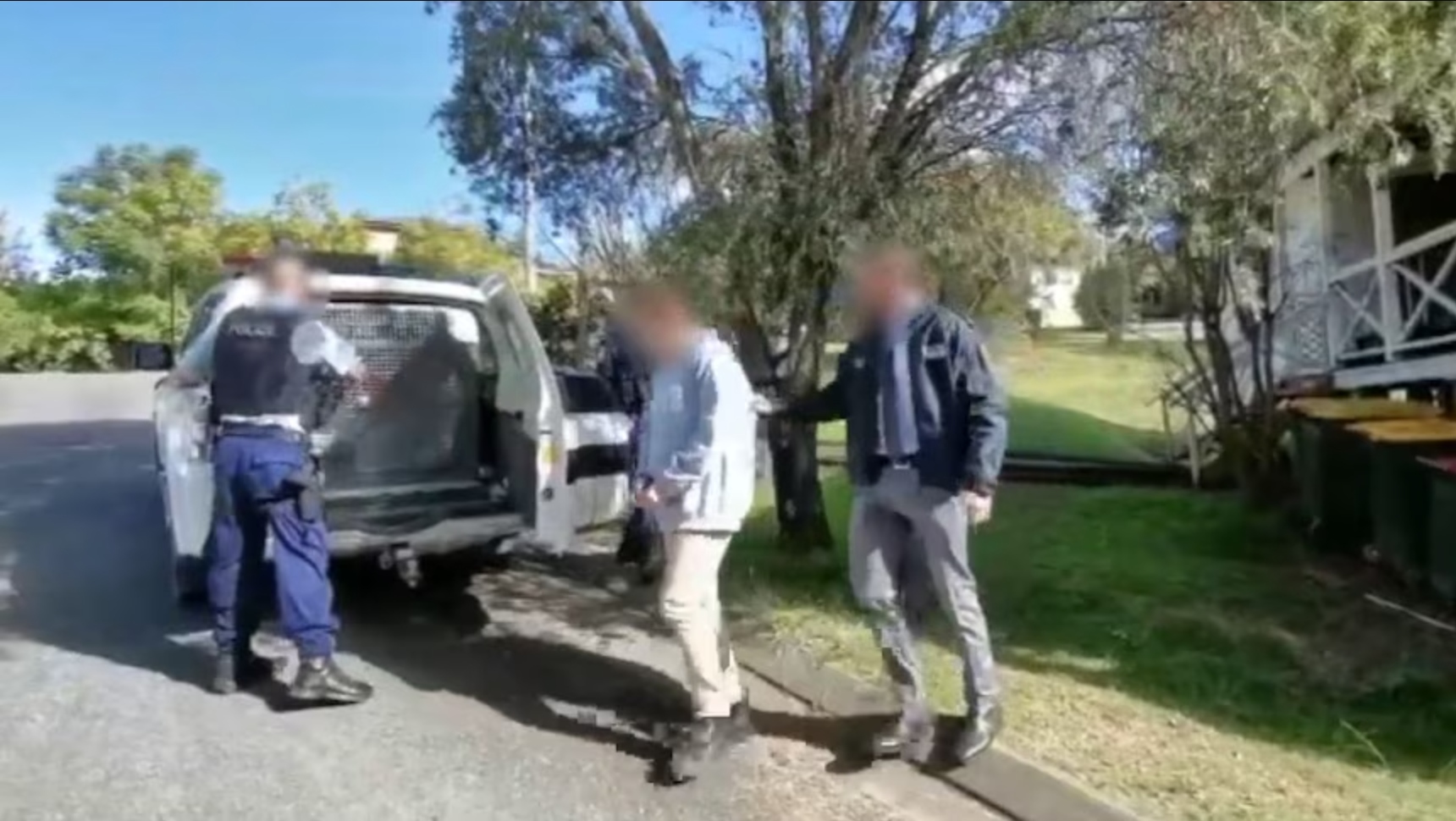

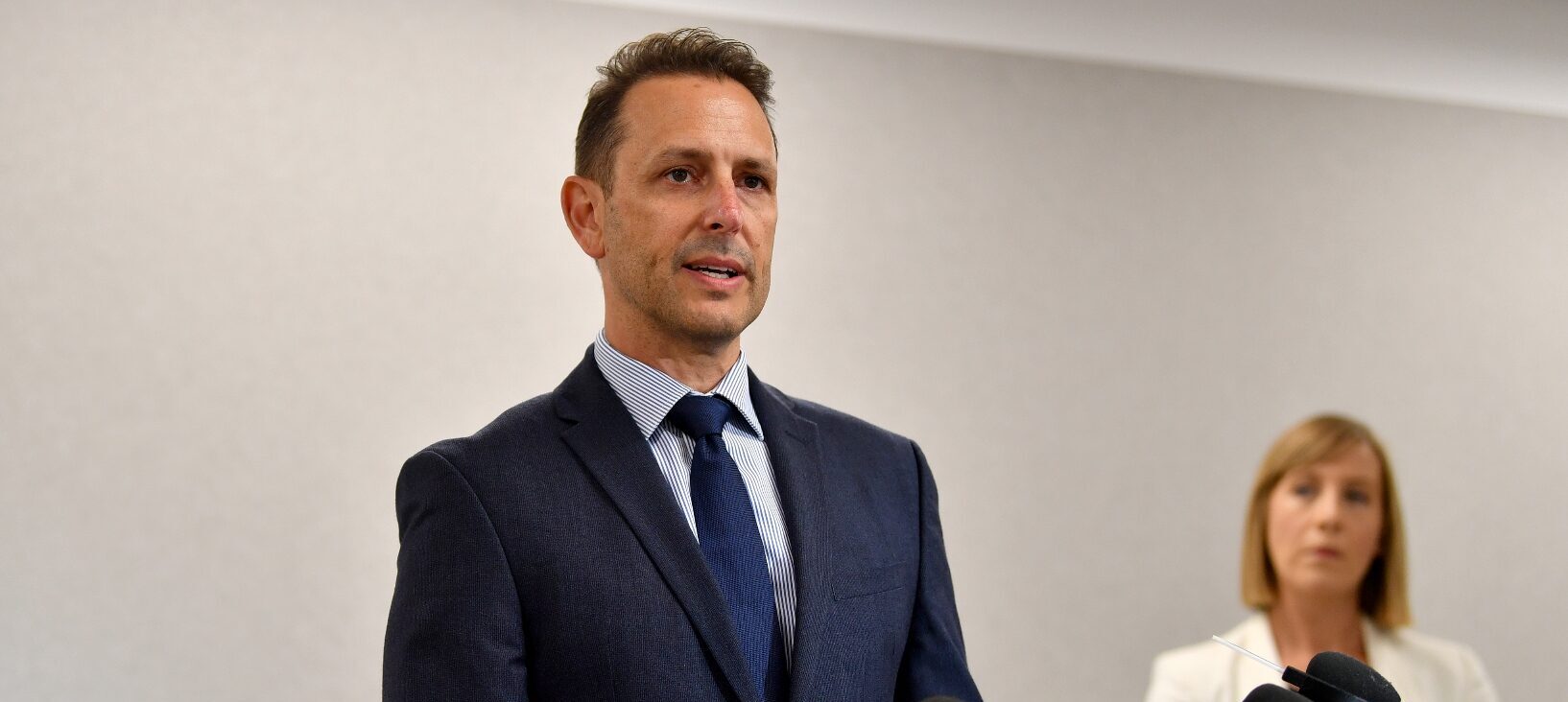
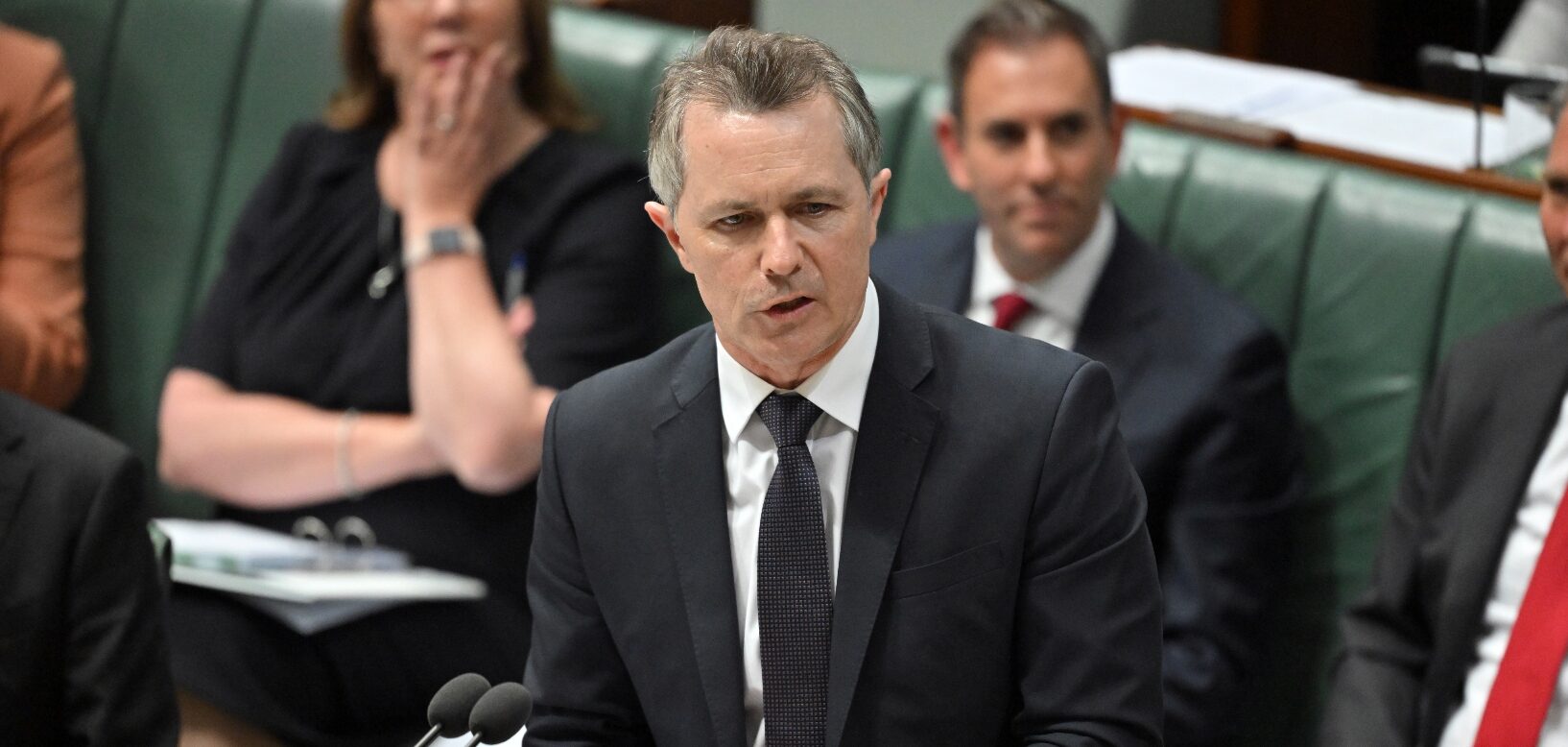
Leave a Reply